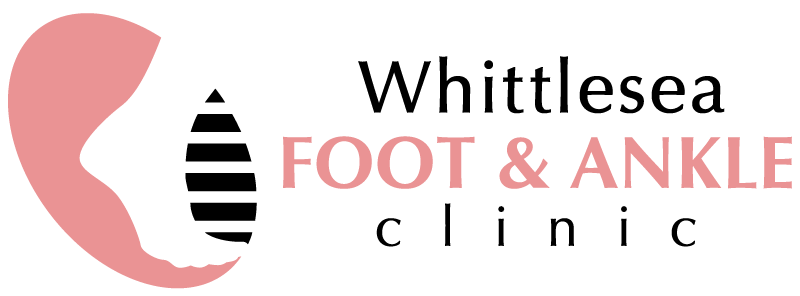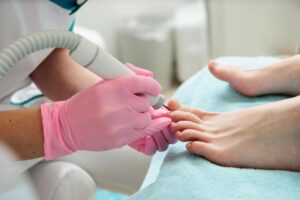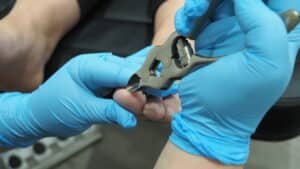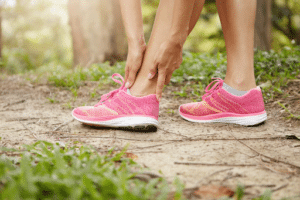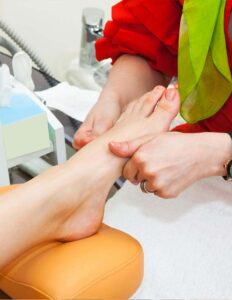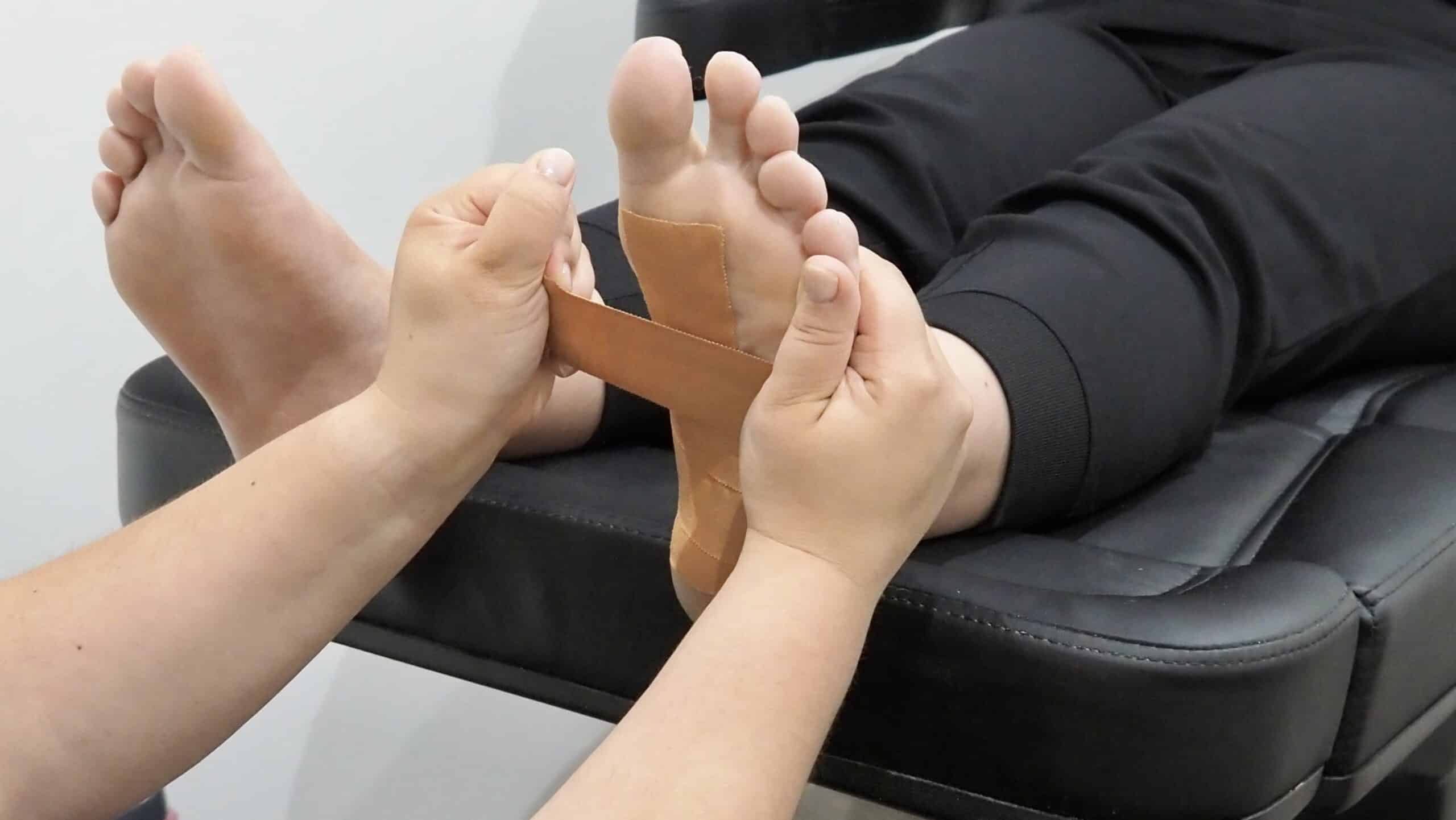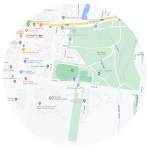They might have calcaneal apophysitis.
Previously named Sever’s disease, calcaneal apophysitis relates to the inflammation of the growth plate in the heel. The growth plate is made up of cartilage positioned near the ends of the bones. 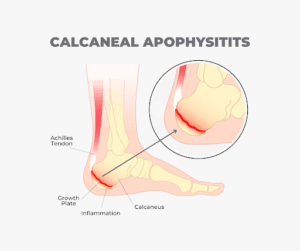
This condition commonly affects children aged between 8-15 years old. This is because as a child is growing the growth plates are closing and being replaced by solid bone. Until this happens, the growth plates are weaker and exposed to trauma.
In addition, after a child has undergone a fast growth spurt where the bones have grown faster than the surrounding muscles and tendons such as the achilles tendon this can cause a pull on the growth plate. Activities and sports such as running, basketball, football can increase symptoms.
Once a confirmed diagnosis of calcaneal apophysitis has been obtained through assessments and testings, a management plan can be constructed accordingly based on the child’s symptoms, biomechanical factors and sporting activities undertaken.
Some treatment options that can be explored could include:
- Footwear assessments, modifications as necessary and recommendations if required.
- Stretching and strengthening exercises
- Activity modifications
- Heel lifts within footwear can help to offload the calf and achilles until they have had a chance to stretch and lengthen.
- Option of shoe inserts to further redistribute pressure if required
If you suspect your child might have calcaneal apophysitis or is experiencing heel pain in general, it is best to see a podiatrist for an assessment, management and treatment to prevent any long term complications.
If you have any questions about your child feel free to give us a call on 8468 2411 or book online here.
